AI Answer Evaluation Platform Live Now. Try Free Answer Evaluation Now
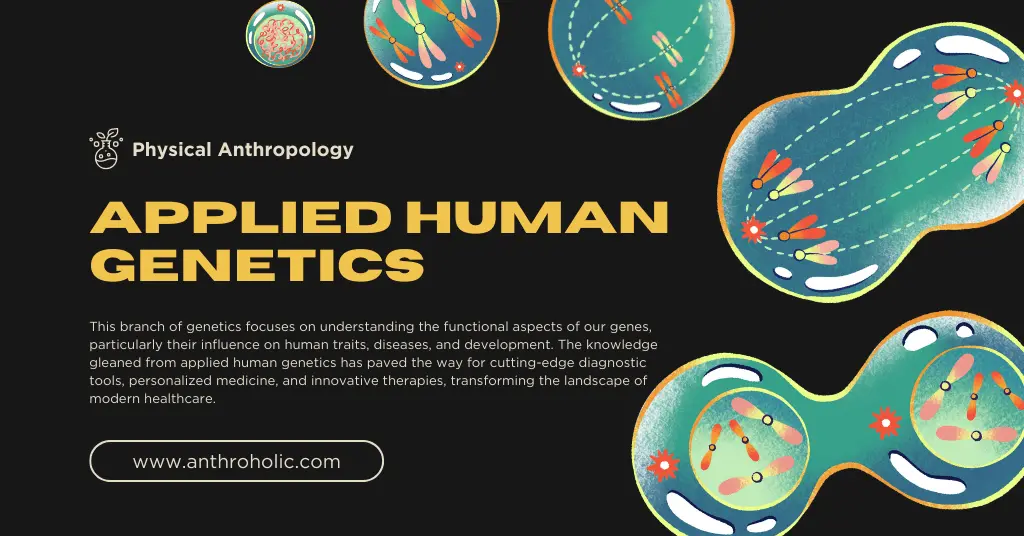
Applied Human Genetics
This branch of genetics focuses on understanding the functional aspects of our genes, particularly their influence
+91-7303290503, +91-9557169661 | MON to SUN 10:00 AM - 6:00 PM
Anthropology is the scientific study of humanity, including human biology, culture, and society. This broad field encompasses several sub-disciplines, including cultural anthropology, linguistic anthropology, and archaeology. From exploring the diversity of human cultures to understanding the biological and evolutionary foundations of our species, anthropology provides a comprehensive understanding of what it means to be human.

This branch of genetics focuses on understanding the functional aspects of our genes, particularly their influence

Indian anthropology, as the term suggests, focuses specifically on the anthropological aspects of the Indian subcontinent.
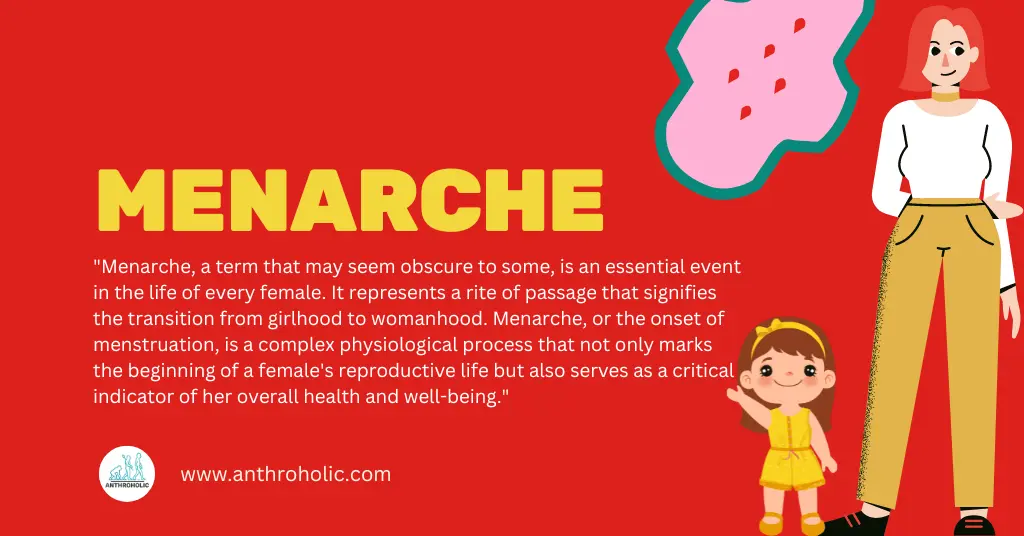
Menarche, a term that may seem obscure to some, is an essential event in the life of every female.

Menopause, a natural biological event marking the cessation of a woman's reproductive years, remains a topic enveloped in mystery

Cells are the fundamental building blocks of all living organisms, a microcosm of life teeming with complex and dynamic processes.

Japanese Anthropology is a rich and diverse field that explores the cultural, social, and historical aspects of Japanese society.

Russian anthropology can be traced back to the 18th and 19th centuries when scholars, like the geographer and ethnographer

German anthropology traces its roots to the Enlightenment period, during which European scholars began to systematically

French anthropology traces its origins to the early 19th century, when scholars began to examine the cultural and biological differences among human populations.
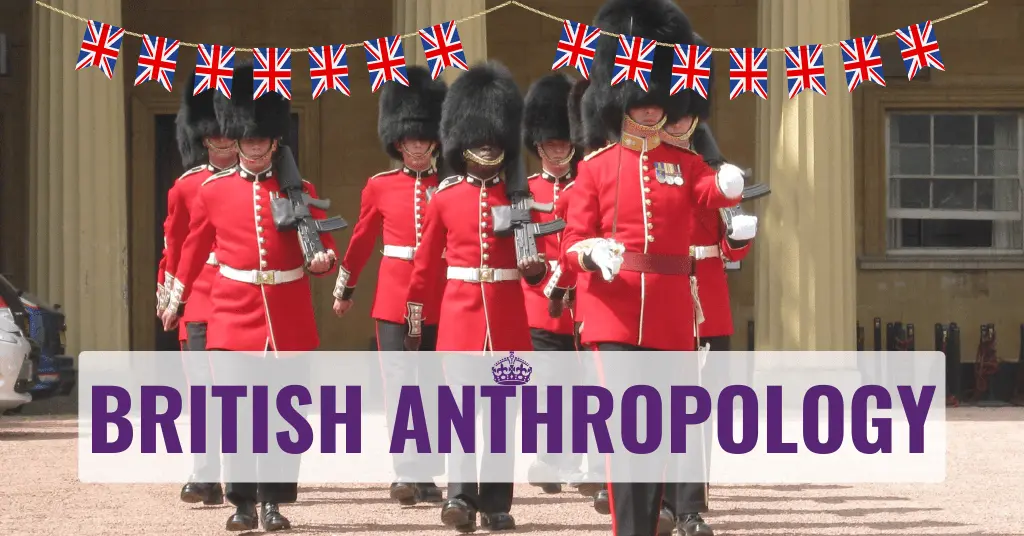
British anthropology, in particular, has played a significant role in shaping the broader field of anthropology, with its history, key figures, and contributions.
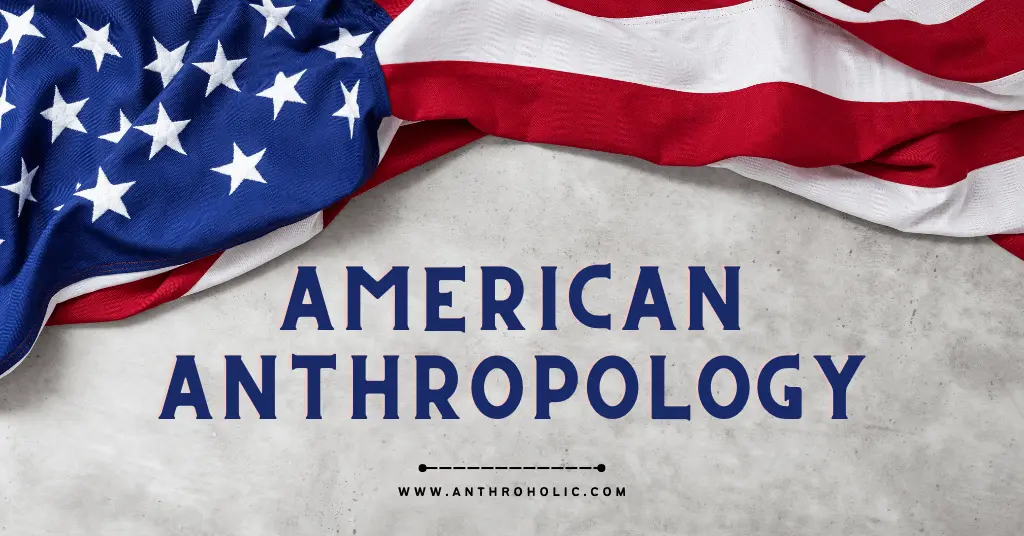
American anthropology, in particular, has played a crucial role in shaping the field as a whole, offering unique perspectives and contributions.
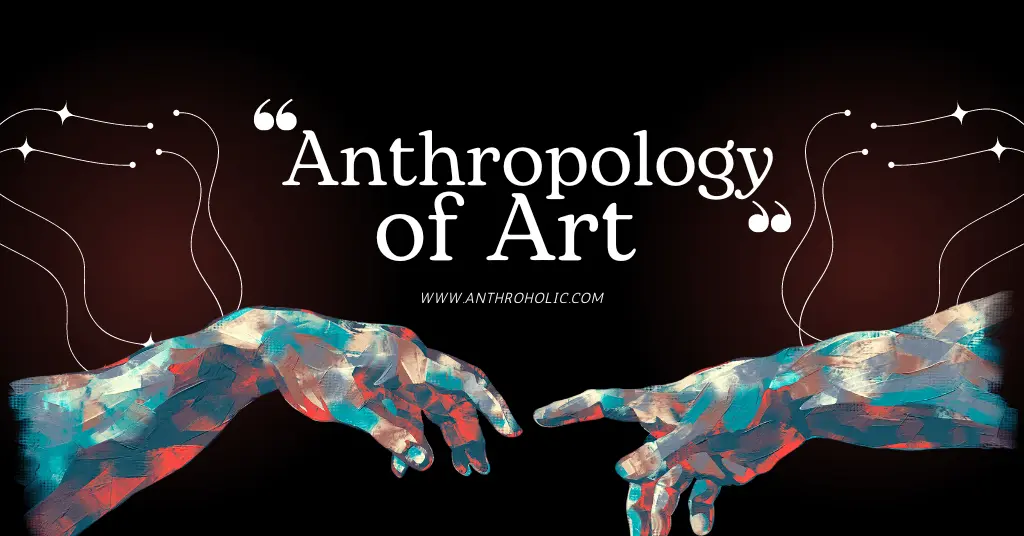
The Anthropology of Art is a field of study that explores the rich and diverse ways in which human societies and cultures engage with artistic expression.